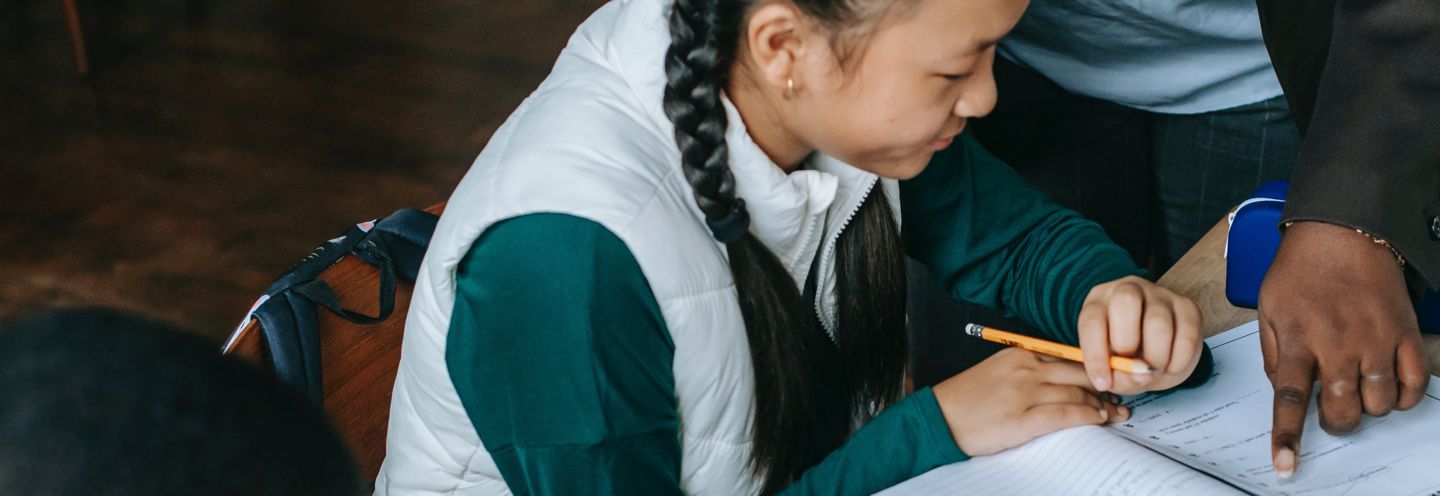Teacher Resources | 233 Results

In this lesson, students are introduced to the idea that “hot” emotional states such as anger or excitement can make it harder for them to control how they act. They also discuss the concept of

In this lesson, students consider how we come to hold values and how they affect our behaviour, especially online. They begin by comparing their assumptions about how common positive and negative

In this three-day unit, students assess media coverage of natural disasters and their aftermath. Students explore how sensationalism plays a role in determining what is newsworthy, and how that can

In this lesson students are introduced to the key media literacy concept that media are constructions that re-present reality and consider how representations of crime in news and entertainment media

In this lesson, students consider the ways in which social media may prompt them to compare themselves with others, and the impacts that can have on body image and self-esteem. They analyze how the

This lesson helps students understand the relationship between body image and marketing by exploring Aerie and Dove’s body positive advertising campaigns. Students begin by reading about the impact

In this lesson, students participate in a workshop that teaches them four quick, easy steps to verify online information. After practicing these four steps they create a public

This lesson is designed to help students determine the validity of information that is presented to them on the Internet. After reviewing a series of evaluation techniques for online resources,

In this lesson, students are introduced to the idea that what they see in media can be deceptive. They explore the idea that media are “framed” by their creators and consider what parts of the world

In this lesson, students are introduced to the challenges of identifying what is real and what is fake online. After learning some simple steps to verify online information they create a poster that

